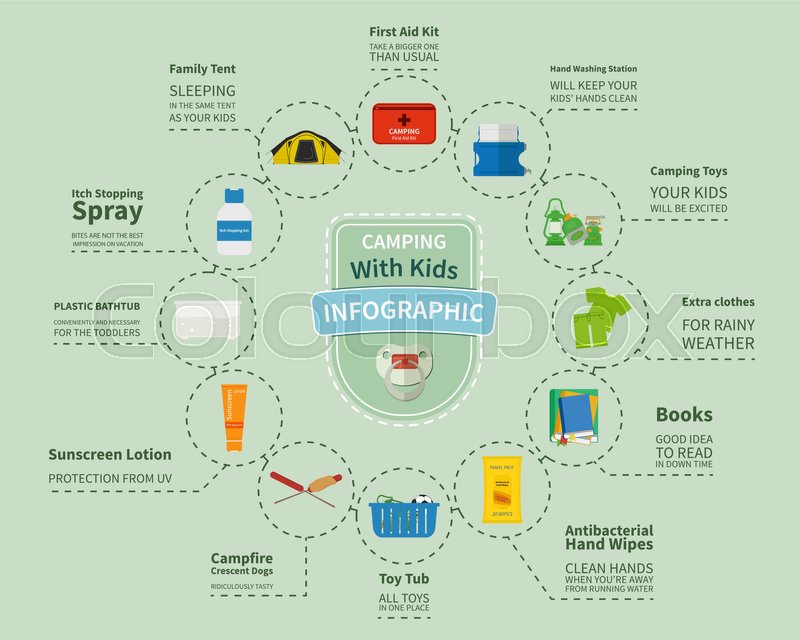Selecting the right frame product is crucial for event tents. Whether it's layered steel for budget plan tents or plated aluminum for sturdy applications, there are lots of considerations to keep in mind.
Steel frames prevail in lower-priced pop-up tents yet are prone to corrosion despite coatings and need regular upkeep. Aluminum is lightweight, normally withstands corrosion, and holds up well in damp or coastal atmospheres.
Steel
When it involves guaranteeing the longevity of customized outdoors tents, the material utilized in their frames plays an essential duty. Steel and aluminum alloys both use premium sturdiness, yet each offers special benefits that make it suitable for various types of environments. Steel is optimal for sturdy conditions, while light weight aluminum master resisting rust and decreasing maintenance costs.
When occasion hosts select the ideal outdoor tents for their needs, they need to think about variables like expected weather. As an example, frame tents commonly execute better in windy or rainy problems than pole camping tents due to the fact that they do not rely on a central post to sustain the structure. However, the links in between structure pieces can compromise in high anxiety scenarios. Recognizing these weaknesses and carrying out routine assessments can aid avoid prospective damage.
Steel frameworks are tough to reduce, weld or shape, which can require specific devices and raise labor costs. Additionally, they have a tendency to corrosion or wear away easily and may need extra security or layers. Additionally, steel is really heavy and can cause problems when carrying a cover. It's additionally hard to store for long periods of time because it takes up much more area than light weight aluminum structures.
Light weight aluminum
Light weight aluminum is a preferred structure material for canopy tents because it's lightweight, rust-resistant, and easy to carry and set up. It likewise supplies an extra secure sanctuary throughout gusty problems than steel structures. Light weight aluminum is much less vulnerable to tearing and any kind of damages can be conveniently fixed, lengthening the life of the outdoor tents. It additionally takes a breath to lower condensation and supplies premium acoustic insulation to wet outdoors sound.
The longevity of light weight aluminum structure outdoors tents is better improved by the natural oxidation homes of the steel. It produces a small oxide layer that safeguards the surface from corrosion and stains. As such, the longevity of a light weight aluminum turn up outdoor tents can be boosted also additionally when the framework is anodized.
Anodized aluminum is more powerful than steel and can hold up against high wind rates. Furthermore, the finish withstands rust and spots, extending the lifespan of the outdoor tents. In addition, plated aluminum is recyclable and sustainable, making it ideal for businesses looking for LEED qualification. The mix of these homes makes aluminum a more cost-effective alternative than steel for big, durable tents, such as those used to suit commercial devices and warehouse inventory. Steel, on the other hand, is extra pricey since it requires pricey alloys such as nitrogen, molybdenum, and chromium to boost stamina.
Iron
Iron frame outdoors tents commonly last as much as 15 years if the best care and maintenance is applied. This includes routinely cleaning fabric and examining metal components for corrosion and wear. By taking these measures, event hosts can make the most of the reliability of their frames and ensure their continued performance in challenging atmospheres.
Steel is an optimal product for building long lasting outdoors tents, specifically for usage in rough weather conditions. It is a strong, durable, and budget friendly material that uses security and resilience for a vast array of applications. However, steel is prone to rusting in damp and seaside environments. The addition of safety layers and regular maintenance can aid to mitigate this risk, however these initiatives raise overall maintenance prices.
On the other hand, aluminum outdoor camping is an extra resilient choice for a custom-made tent as a result of its natural oxidation buildings. When plated, aluminum ends up being super-strong and up to 3 times more difficult than standard light weight aluminum alloys. This makes anodized aluminum the second-hardest material beside ruby (satellites, airplane, and military vehicles all make use of anodized aluminum). In addition to its longevity, plated aluminum is also more immune to corrosion than steel. These elements make aluminum an excellent selection for appear canopy tents and add to their capability to bring longer warranties (5, 7, and also life time frame warranties). In addition, light weight aluminum is 1/3 the weight of steel enabling a much thinner frame layout for more modification options and boosted strength.
